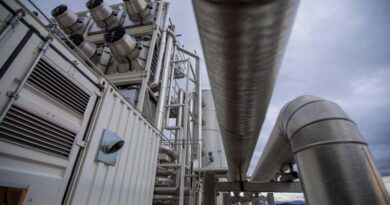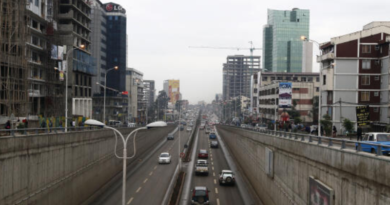What caused air pollution to decline in Pakistan and is it sustainable?
Air pollution levels slightly decrease in the South Asian country, however, its threats still loom with lack of proper implementation and regulations of climate policy measures
KARACHI: With under an insignificant 1% contribution to greenhouse gas emissions that drive global warming, Pakistan is among the most exposed nations facing the dire consequences of climate change, including severe weather and environmental degradation, according to the latest findings.
In the midst of this already present factor, a slight decline has been noted in the country’s air pollution level in 2022 compared with the previous years, the annual Air Quality Life Index (AQLI) report disclosed.
The overall pollution decreased in South Asia but it still remains one of the world’s most polluted regions, according to the report. Despite having cleaner air in 2022, the threat of air contamination still looms over Pakistan and other South Asian countries, as populations continue to breathe contaminated and toxic air particles affecting their life expectancy.
Above-normal rainfall, due to favourable meteorological conditions, is likely the primary factor behind the decline in air pollution in Pakistan. Moreover, the World Meteorological Organisation has linked La Niña conditions to increased rainfall during the monsoon season, which contributed to this decline.
Additionally, other probable causes behind this decline include the installation of pollution monitors by the government, encouragement to brick kilns to shift towards cleaner technologies and shutdown of factories in highly polluted districts during the winter months when energy demand for heating is high, as per the AQLI report.
Will current climate measures to lower air pollution suffice for long?
With rapid industrialisation, economic development, and population growth driving skyrocketing energy demand and fossil fuel consumption across the region, this decline in air pollution may not last long, considering it’s not a major change.
Notably, the monsoon rains have historically caused flash flooding leading to loss of human lives and damage to infrastructure. As a consequence, climate experts and policymakers do not advise dependency upon it in order to lower air pollution.
Source: geo.tv




